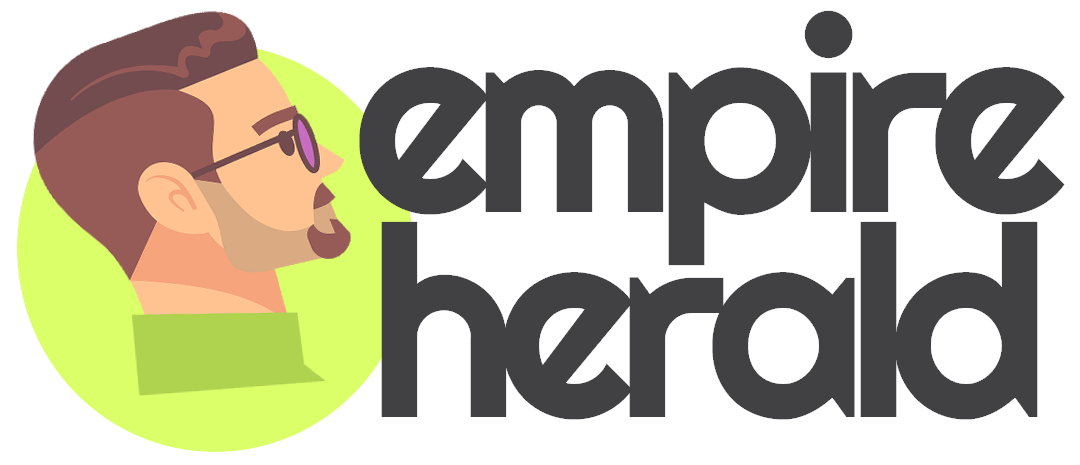Individuals working in any type of HR role should be considered as more than just the “caretaker” of a business. These professionals contribute to the overall productivity of the business, and help amplify organizational practice. However, many might not be overly familiar with the different HR roles and responsibilities.
The field varies to accommodate different types of responsibilities and duties. Although different roles may entail different obligations, HR specialists generally have similar goals to reach. If you are looking to get into the field, or just want to know more about HR in general, here are eight of the main HR roles and responsibilities:
1. Planning & development responsibilities

Many of the HR roles and responsibilities will involve planning and development, often performed with the help of HR software and tools. During company meetings, all relevant parties will participate to see how they can contribute further to specific objectives. HR professionals will also take part in this meeting as well, as they have specific insight into two relevant areas; planning and development.
For starters, they essentially operate as strategic identifiers, ensuring that corporate goals are planned accordingly. The development, and subsequent accomplishment, of these targets also allows an HR specialist to learn a great deal about the overall organization. Planning, development, and execution is one thing, but extra learning is a strong benefit as well!
2. Supporting employees

This is usually where the “human” role of HR comes into play. The role of HR professionals is to act as employee advocates, in which they will use all available resources to create an atmosphere that benefits workers. This is done for a plethora of reasons, but mostly resides in the ability to let the employee know that they are looked after.
For example, certain initiatives may be employed to foster a well-meaning, supportive environment. This could come in the form of encouraging more open communication to proactive goal setting. Work culture is vital to a company’s success and HR specialists play a critical role in this specific area.
3. Advancing talent acquisition

In a general sense, HR professionals are the first agents that prospective employees encounter when applying to a job. However, in today’s modern-day world, nothing is black-and-white. Recruitment in the current workplace has gone beyond just that approach, with HR specialists playing a fundamental role in the process.
Individuals working in a more executive branch of HR will direct their employees to use specific methods in their approach. This is done to appear appealing to prospective employees; HR executives only want the best of talent to be attracted to the respective company. A positive work environment, coupled with a great salary and benefits, are usually employed by HR professionals to enhance the overall recruitment process.
4. Provide career advancement assistance

It is part of the HR roles and responsibilities to integrate employees into the overall organization. For example, a worker may seek out ways to advance their career, in order to achieve a better standing within the company. This is where the guidance provided by HR professionals comes into play.
Individuals working in an HR-related capacity will proactively attempt to evaluate and support an employee’s career trajectory. This isn’t just a simple grading either. HR specialists will guide employees on the right path, so that they are able to make the best decisions for their career prospects.
5. Performance & role evaluation

For most HR professionals, an employee’s job evaluation is important to overall organizational practice. Both the HR specialist and respective employee may learn a lot more than just the pros and cons of the latter’s performance.
Continuous and consistent feedback will usually take precedence, but evaluations remain integral to an HR professional’s role as well.
6. Preventing negative activity from thriving

Current HR professionals have a large role and responsibilities in reducing workplace discrimination. Due to the inherent, interconnectivity that permeates our society, most of our work is done over a computer. As a result, cyberbullying, and other technologically-based forms of discrimination, are bound to happen.
It is the role and responsibility of an HR specialist to prevent these acts from happening. Although it is a difficult aspect of the job, they do all that they can to foster a positive environment. They also ensure that workplace discrimination policies are enforced. Negative activity is bound to crop up in any space, but it can be diminished and prevented with the proper rules imposed by HR specialists.
7. Sharing HR information

Those weekly bulletins have to come from somewhere, right? HR specialists will usually be the ones to distribute communication-related documents to the company. This can be in the form of mergers and acquisitions, for example, ensuring that all departments are notified of relevant information.
8. Resolving conflicts

Discovering conflicts may be one thing, but ensuring they come to a timely resolution is another. The latter is the job of an HR professional, ensuring that all issues in the workplace are successfully resolved before they gain traction. A positive work environment can’t flourish if difficulties are left to fester!
The overall nature of an HR professional’s job is wide-ranging. However, it remains vital to the overall company. From the beginning of a business quarter to its end, you can be certain that an HR specialist will be involved in some capacity!




